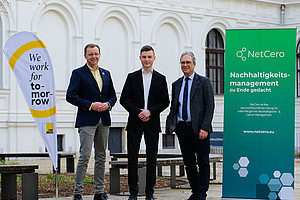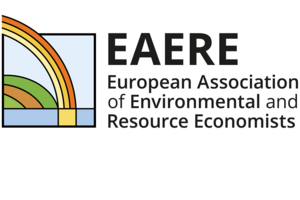zum Thema: Water vapor and methane observations by air- and space-borne Lidar and science applications
Zeit: Donnerstag, 15. September 2016, 12:00 - 13:00 Uhr (s.t.)
Ort: SR des Wegener Center im 1. Stock, Brandhofgasse 5
Moderation: Gottfried Kirchengast
Herzlich willkommen!
Abstract:
Lidar using the differential absorption technique permits the remote sensing of greenhouse gases with high spatial resolution and unprecedented accuracy. DLR operates an airborne water vapor lidar, flying, e.g., in the trade wind region, key to Earth’s climate, because humidity and its observed variability there influences radiation, cloud cover, and ultimately Earth’s albedo. DLR, together with the French Space Agency CNES, also initiated the “Methane Remote Lidar Mission”, MERLIN, a satellite that will provide accurate global lidar observations of methane, the second most important anthropogenic greenhouse gas after carbon dioxide, with many unknowns concerning the distribution and strength of its various sources.
Short Biography:
1987: Diploma in Electrical Engineering, Technical University of Munich
2008: Doctorate in Meteorology, University of Innsbruck, Thesis: „Airborne Water Vapor Lidar Measurements“
Since 1989: DLR staff scientist. Numerous international airborne field experiments. Scientific analyses of water vapour lidar measurements with focus on humidity variability and latent heat fluxes. Feasibility studies and performance assessments of future space lidar missions for global observations of water vapour, carbon dioxide and methane. (Co-) author of 65 peer-reviewed papers.
Also, since 2012: Lecture on “Atmospheric Physics and Remote Sensing” within the International Master’s Program ESPACE – Earth Oriented Space Science and Technology, Technical University of Munich.





